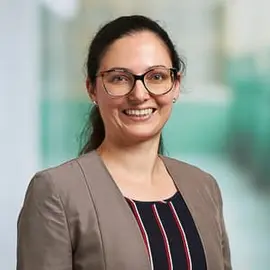Interpreting Studies
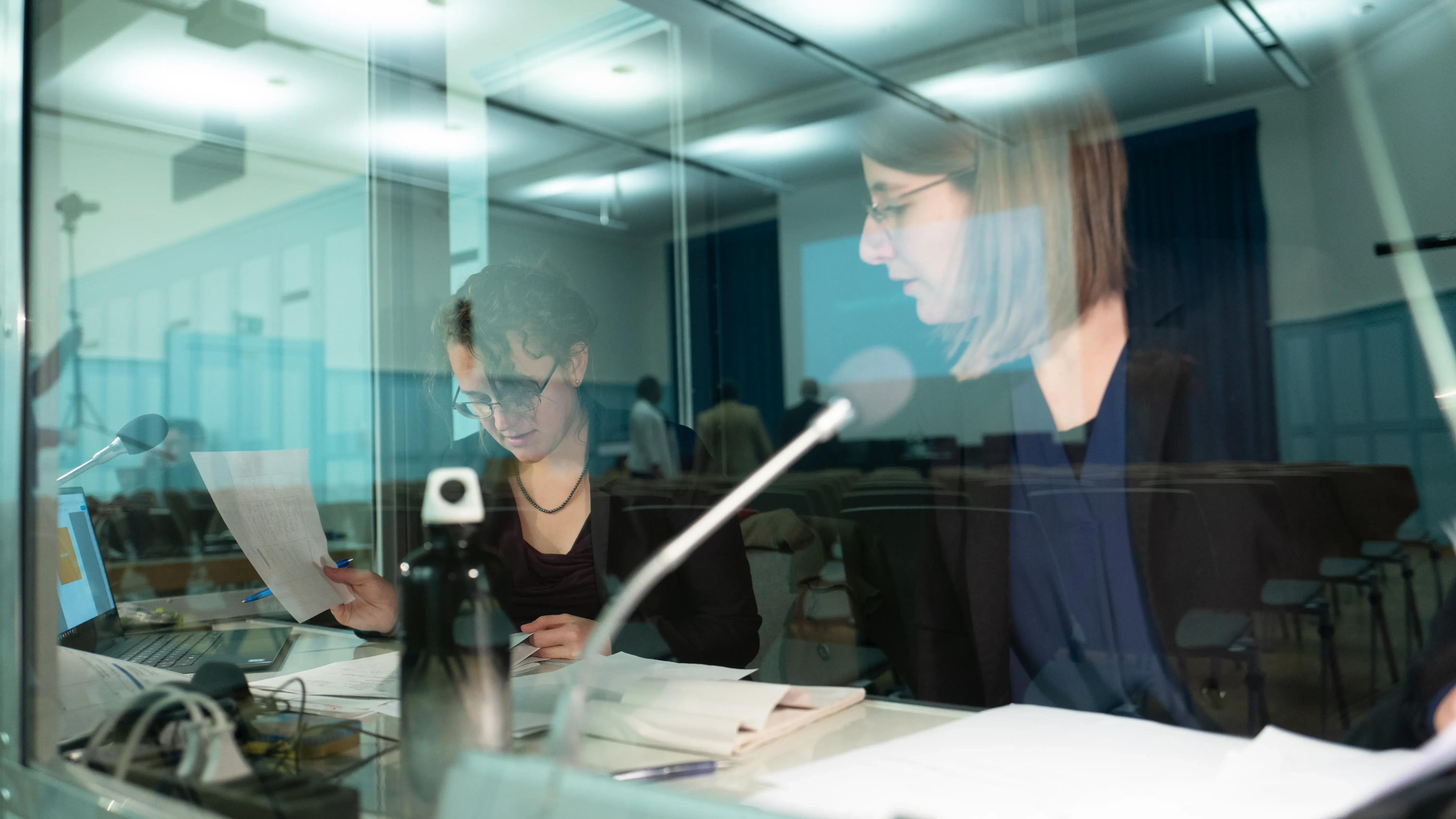
The Interpreting Studies professorship focuses on oral language mediation. This primarily includes conference interpreting and community interpreting in settings such as public authorities, courts and hospitals. Interpreting, and conference interpreting in particular, has always been a highly technology-driven profession: without interpreting equipment, headphones and microphones, this vocation would be almost impossible to perform. The interpreting profession, and linguistic and multilingual interaction in general, is once again navigating a period of rapid transformation: different technologies, including artificial intelligence and video conference platforms, are changing the field of interpreting and giving rise to new formats of oral language mediation. These include, for example, computer-assisted interpreting and interpreter training, as well as video-based remote interpreting and fully AI-based language mediation. The study of these phenomena helps us better understand their complex effects on interpreters and other participants in multilingual interactions and contributes to shaping the changing face of the profession.
In focus
AI as a support tool
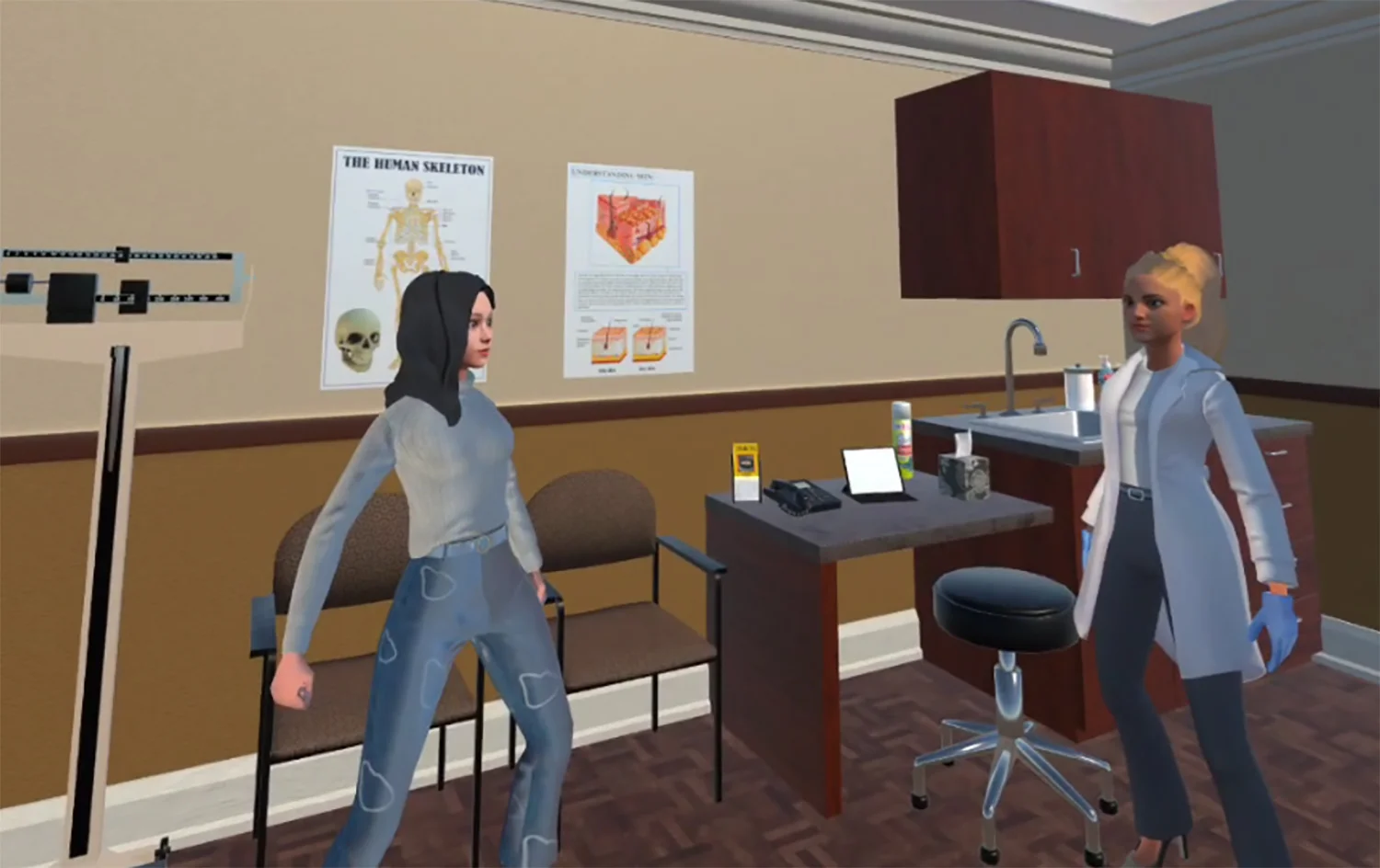
Computer-assisted interpreting aims to facilitate the work of conference interpreters by displaying automatically generated content on their screens. This content can take various forms. A common example is translation suggestions for technical terms, numbers or proper nouns. While such suggestions can lead to greater translation accuracy, especially when it comes to technical terms and figures, they may also result in a higher cognitive load. Another example of where AI can be used to offer support is its use in interpreter training, where it can generate interactive dialogue for students to practise community interpreting scenarios.
Language mediation through AI
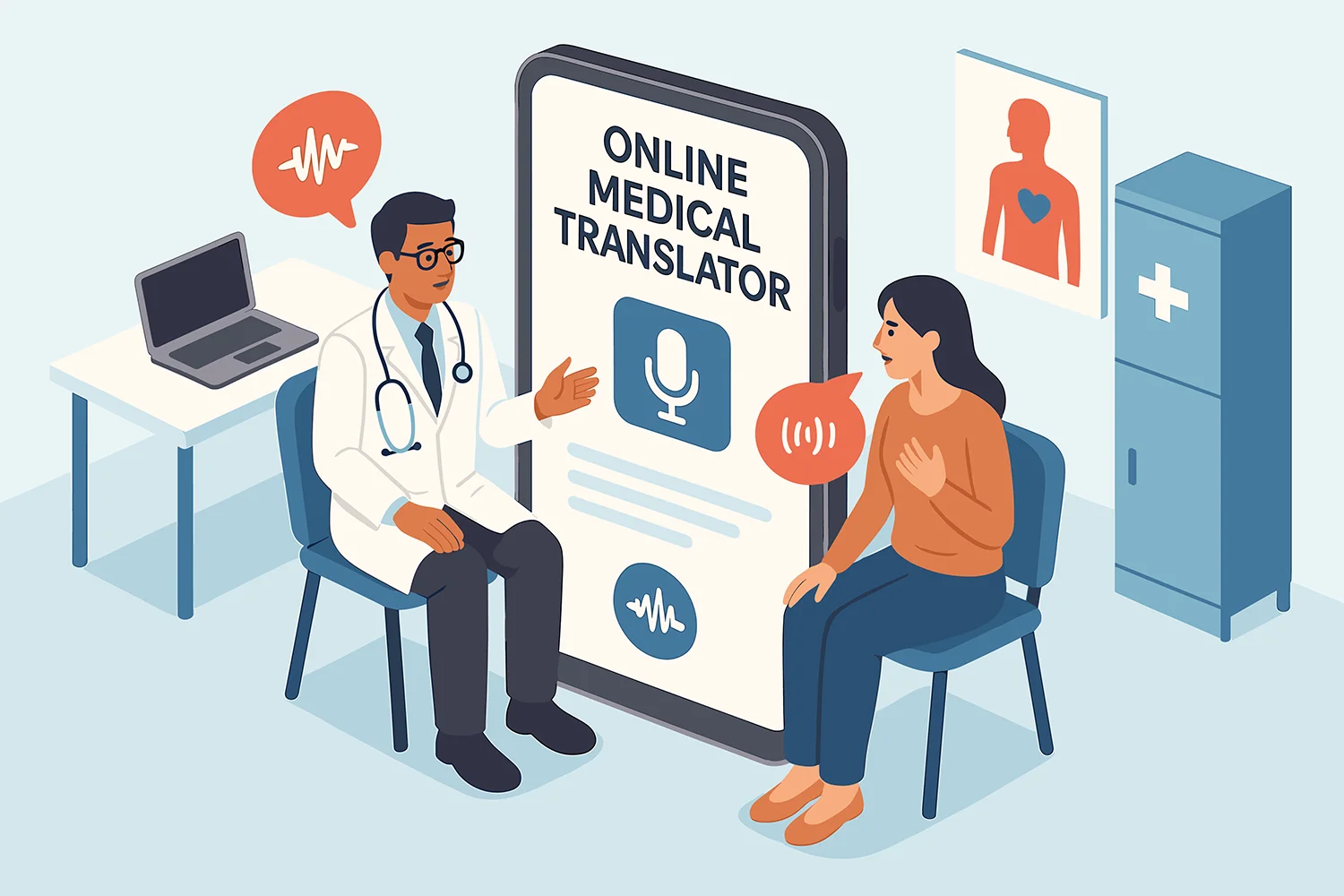
AI-based language mediation occurs whenever translation apps are used or even simultaneous machine interpreting is involved. One research area at the ZHAW is the use of AI in hospital settings to communicate with patients who speak foreign languages. Focus here is placed on situational factors that influence the decision between using machine translation or professional interpreters, as well as the impact on the interaction between healthcare professionals and patients. This research is essential for developing recommendations for the use of machine translation on the one hand, and professional interpreters on the other. It also highlights good practices in the use of machine translation.
New forms of remote interpreting
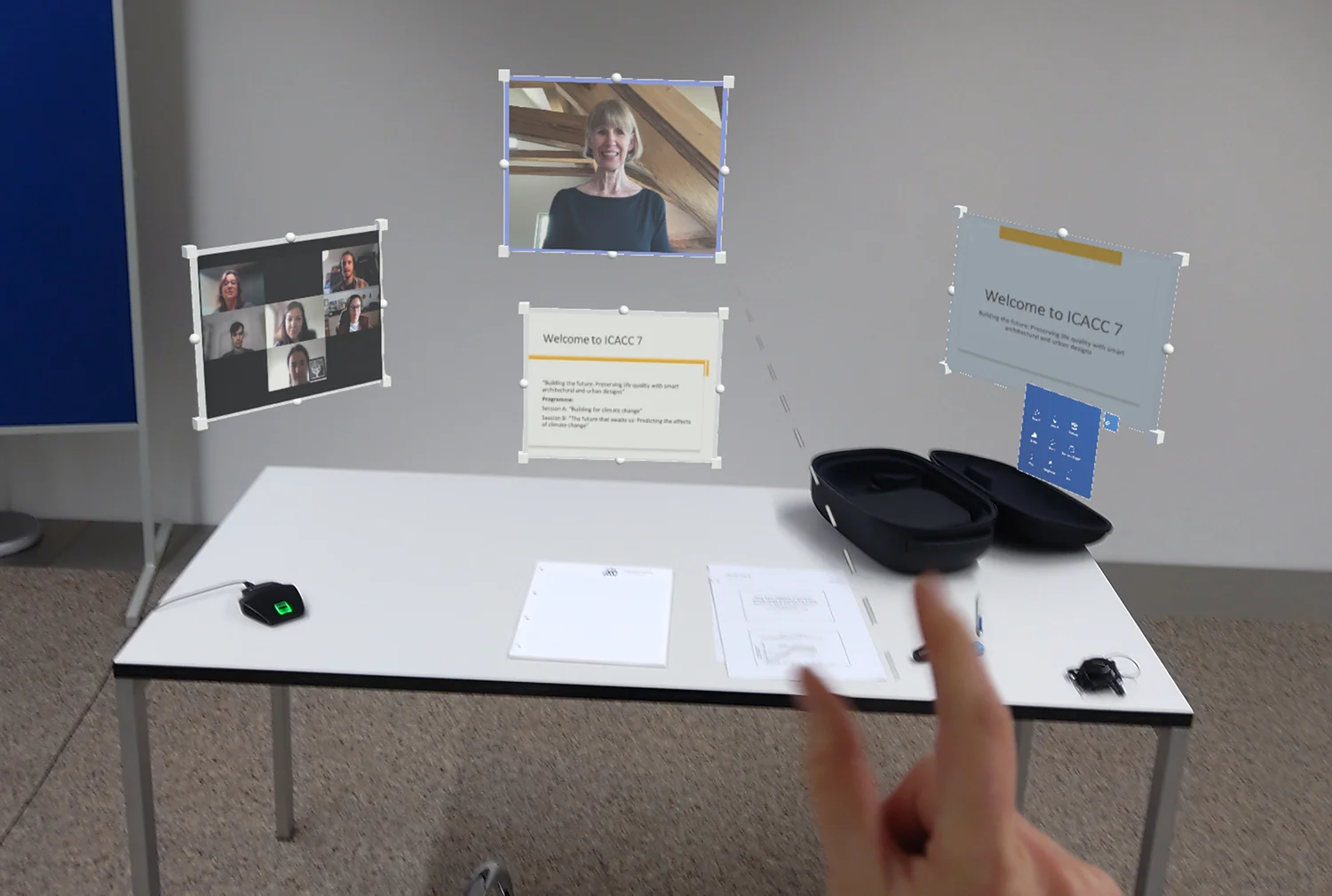
As far back as the 1970s, conference interpreters were already connected via satellite to interpret at events in other locations. By the 2020s at the latest, remote interpreting had firmly established itself in the realms of both conference and community interpreting. The research focus here lies on factors that (positively or negatively) influence remote interpreting, as well as on piloting new formats for the future of remote interpreting, for example through the use of mixed realities.
Projects
Research-based teaching
Training
Both interpreting theory and practice are taught on our BA and MA programmes. The BA in Multilingual Communication focuses particularly on community interpreting, while the MA in Language and Communication (with a specialisation in Conference Interpreting) places a stronger emphasis on conference interpreting. Current research findings as well as new trends from professional practice are incorporated in order to optimally prepare students for the future in the fields of interpreting and language mediation. The use of technology has significantly changed professional practice, which is why remote simultaneous interpreting and computer-assisted interpreting are key concepts that are addressed during the study programme both in theoretical discussions in lectures or seminars and in practical application during courses and interpreting exercises as part of the MA in Language and Communication (with a specialisation in Conference Interpreting). These topics can also be addressed as part of students’ Bachelor’s or Master’s theses.
Continuing education and consulting
The continuing education courses draw on the long-standing experience of the lecturers and primarily include part-time courses for qualifying interpreting professionals. These include:
- The basic course in interpreting for public authorities and institutions (taught in German) based on the Interpret qualification system.
- Advanced courses in asylum and legal interpreting offered in collaboration with the State Secretariat for Migration (SEM) and the Zurich Cantonal Supreme Court.
Participants expand their skills through the acquisition of specialised knowledge and interpreting techniques. Interactive and practical exercises support them in applying their newly gleaned expertise in their professional practice.
The consulting services include various tailored offerings for oral language mediation in a range of contexts. One key area is oral language mediation in hospitals and public institutions. Through the DIZH-funded collaborative project with the University of Zurich, “DigiLinguo” (led by Alice Delmore Benites and Sarah Ebling), a new platform for networking and testing various translation tools was launched in 2025.
Team
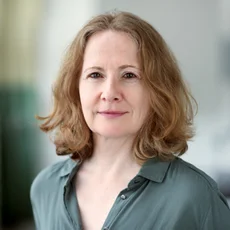
Prof. Dr. Michaela Albl-Mikasa
Former Head of Interpreting Studies (until July 2025)


